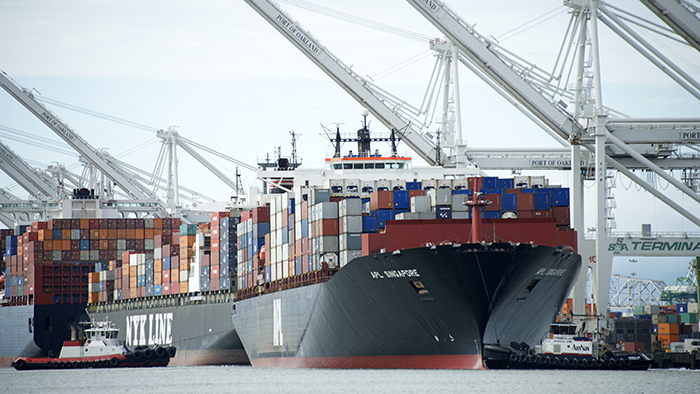
Ocean carriers are unable to fill their new ultra-large container vessels.
They build the biggest, most efficient ships in the world, but they can't fill them with enough freight. With space left on the ships, carriers continue to drive shipping rates down.
Fighting for market share, carriers continue to build Ultra Large Container Vessels (ULCV). At twice the size of the largest ships from only a decade ago, they can carry from 15,000 to 19,000 TEUs. MSC, Maersk and other carriers expect to deploy 50 ULCV this year alone.
Drewry reports that in 2014, shipping supply rose by 6%, while container traffic gained 5.2%.
For 2015, they expect a 7.2% supply increase, versus a 5.3% growth in demand.
See how many cars are exported from the US in containers each year.
Rates depend on the space available on ships. The more space available, the cheaper international car shipping will be. But with current port delays around the world, ships are still departing, and arriving to the US completely booked. We suspect that international car shipping will not get much cheaper than it is today. But shipping rates may decrease in the future.
Currently, we are able to deliver a vehicle to major ports around the world for only $1,000 to $1,500. This is comparable to a price of a single airplane ticket. But instead of moving 1 person with a bag across the world, we are shipping a vehicle overseas. Think about how affordable that is.
See for yourself, get an instant international car shipping quote.